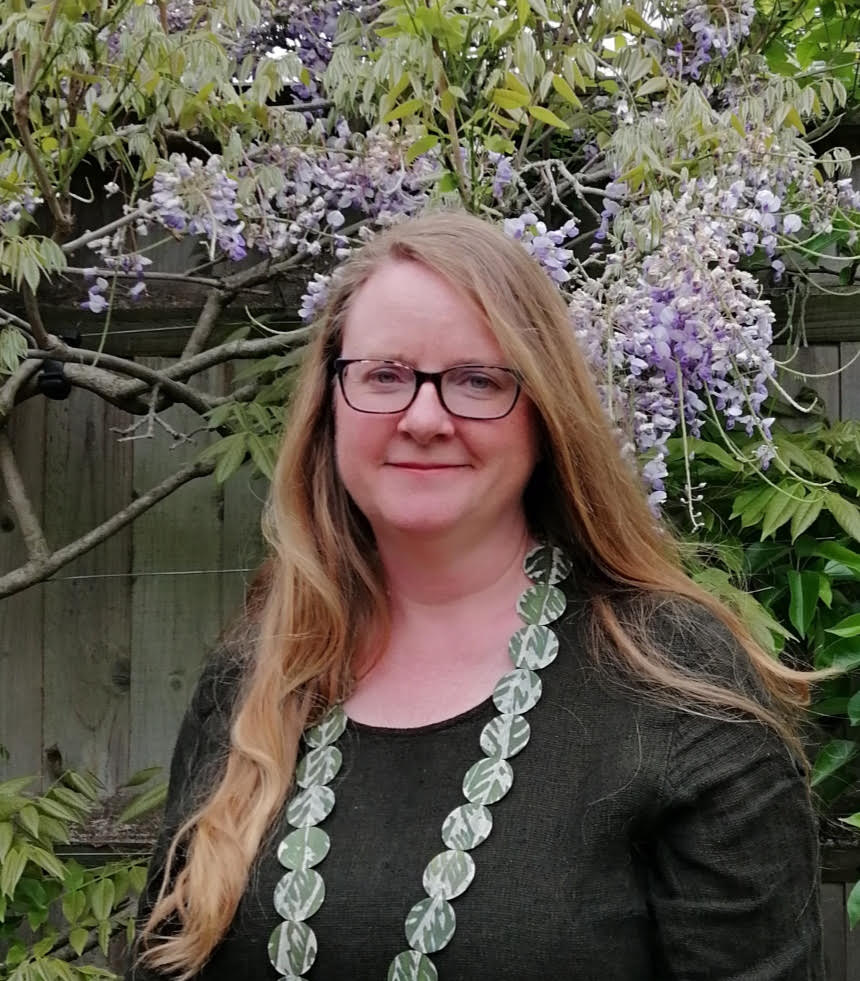©Rui Miguel Leitão Ferreira, Em Casa www./
Translated by Claire Williams
Edited by Amanda Hopkinson
“The music brought colour to his cheeks, it felt like something was invading him – almost as if there were a heart beating in his chest.”
Alberto had arrived at the cave out of breath after having run several kilometres to confirm what he had seen “with my own eyes”,
“They’re not your eyes,” said Cacilda, somewhat sarcastically, but Alberto took no notice. It was irrelevant now whether or not he were a Programmed (in other words, Al32ztx). What mattered most was telling them what he had seen and how that information would be essential for the investigation to move forward. Cacilda was anxious for Alberto to spill the beans straight away, but they had to wait for Teresa to find Ricardo,
“He must be in the bar,” presumed Cacilda, “He’s always had a thing about those pasties…”
They arrived together, taking their time and smiling conspiratorially at each other, which irritated Cacilda no end. Arms crossed over her chest and with little faith that they would fortuitously discover anything worthwhile, she said to Alberto:
“Let’s hear it!”
Alberto explained that Reboredo had joined the group of Programmed on the beach. It was the first time that Reboredo had really been out in the sun. Experiments showed that not all Programmed reacted to the sun in the same way, but further studies were needed for conclusive results about whether a simple trip to the beach was something that might affect the efficiency of these cyborgs when it became a matter of implanting fear.
“Most of those studies were published in academic journals with no peer review,” Teresa interrupted.
Cacilda rolled her eyes impatiently, and retorted:
“That’s completely irrelevant now, Teresa. Carry on, Alberto,” she commanded.
Having calmed down by now, Alberto explained that he had invited Reboredo to join in the singing, to which the latter had replied:
“Where I come from, singing is forbidden.”
“Did he really say that?” asked Ricardo
“Yes.”
“How strange,” commented a surprised Ricardo, “Reboredo was not programmed to listen to music or sing. I don’t think he’d even be able to recognise a song.”
And so it was. In the dunes, one of Alberto’s companions had a guitar, another Programmed had a flute and a third a drum. Were this not the future, they would have looked a bit like a bunch of hippies, or the Indians from Meia Praia in that song by Zeca Afonso.
When the first chords were played, Reboredo began to feel a tingle in his belly, a tightening around his waist. Could it be fear? He didn’t know what it was, but he kept a straight face, trying to analyse what was going on inside his cyborg body. The music brought colour to his cheeks, it felt like something was invading him – almost as if there were a heart beating in his chest.
When Alberto and his companions raised their voices together in harmony, Reboredo could control himself no longer. And he let out a laugh so deep, so deep, so loud and so strong that he laughed, and laughed and laughed.
His laugh was warm, plump and salty, but it wasn’t contagious – if only because the others didn’t know how to laugh. Suddenly, the melody was replaced by silence. Faces frozen in stupefaction.
And all that could be heard was Reboredo’s guttural laugh drowning out the murmur of the sea, echoing throughout the deserted dunes. Concerned, Alberto asked him,
“Are you alright?”
But he carried on laughing. Alberto went over to him and grabbed him by the shoulders:
“Reboredo, are you feeling alright? Reboredo??”
And he laughed. If he were human he would already have run out of breath. As it was, he laughed for hours.
Read the original chapter in Portuguese

Raquel Ribeiro (Porto, 1980) is a journalist, writer and teacher at Edinburgh University, Scotland. She completed a PhD in Liverpool, with a thesis on the concept of Europe in the writing of Maria Gabriela Llansol, followed by an investigation into witness accounts of Cuba’s involvement in the Angolan civil war, at the Centre for Research on Cuba (Nottingham). In 2013, she was one of the first to receive a Gabriel García Márquez Cultural Journalism bursary from the Fundación Nuevo Periodismo Iberoamericano, in Colômbia. She has been a regular contributor to the newspaper Público since 2001, where she writes criticism and reports on literature and culture. Her novel Este Samba No Escuro was published in 2013 by Tinta-da-China.
©José Pedro Rodrigues

Claire Williams is Associate Professor in Brazilian Literature and Culture at the University of Oxford. As an academic she has published widely on twentieth and twenty-first century women’s writing, minority writing and life writing from the Portuguese-speaking world, and has translated stories by Dulce Maria Cardoso, Hélia Correia and Ana Paula Maia. She is particularly proud to be translating alongside some of her former students in this volume.
Listen to this chapter on Facebook read by Ricardo Vaz Trindade
(video production by Ricardo Vaz Trindade)
Listen to this chapter on Facebook read by Ben Slack
(video production by Gabriela Ruivo)
Escape Goat is the twin page of Bode Inspiratório
All content subject to copyright. All rights reserved
